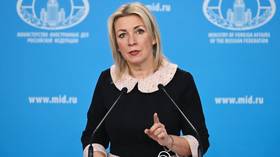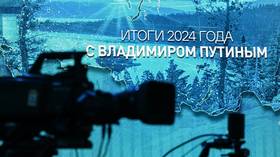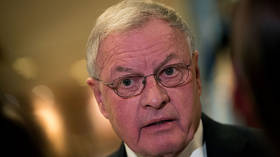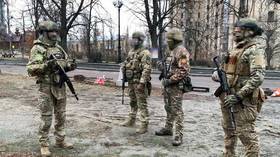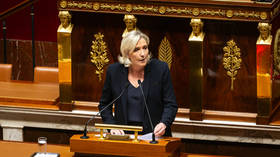Russia pushes for new UN anti-cybercrime convention
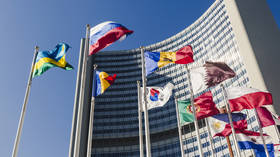
Russia is calling on the UN to target extremism as part of a new convention that cracks down on cybercrime, in the face of opposition from the US and its allies, the Foreign Ministry said on Wednesday.
Moscow has been promoting the development of a “comprehensive international convention on countering the use of information and communications technologies for criminal purposes” at the UN since 2017.
In 2019, the UN General Assembly approved a Russia-drafted resolution to form a special committee of global experts to counter cybercrime, despite strong opposition from the US and its allies.
In a statement, the Russian Foreign Ministry stressed that the initiative has grown in importance in the wake of “recent tragic events,” referring to the terrorist attack on the Crocus City Hall outside Moscow last week. The fight against crime using cyber technologies should finally become a truly international effort, it added.
Dependence on cyberspace has increased immensely in fields ranging from banking transactions, education and science, to transportation and military technologies. Cyber-sabotage attacks on critical information infrastructure pose a threat to millions worldwide, including developing nations which have grown their digital presence significantly, the ministry said.
“In turn, leading Western countries are trying to maintain control over the global information space and prevent a transition to a model of equal and fair cooperation in this area,” the document noted.
Moscow expects the new convention to “undermine the West’s digital hegemony” and views the treaty as a necessary replacement for the Budapest Convention of 2001, developed by the Council of Europe.
Most Western countries initially opposed the idea of a new document which would take into account the interests of all states, insisting instead on expanding the scope of the Budapest Convention, according to Russian diplomats.
In January, representatives of the UN special committee discussed the draft convention in Vienna, causing dissatisfaction with the document in Moscow.
“In contrast to Russia, Washington advocates maximum harmonization of the UN and Budapest conventions,” the ministry said. Diplomats noted that instead of a “comprehensive document,” the US and its allies want to see a treaty that is “narrow in scope and limited in content, which would not impose any obligations on the collective West and its IT companies.”
Talks on the final version of the treaty are due to take place at a UN meeting in New York in the summer.
